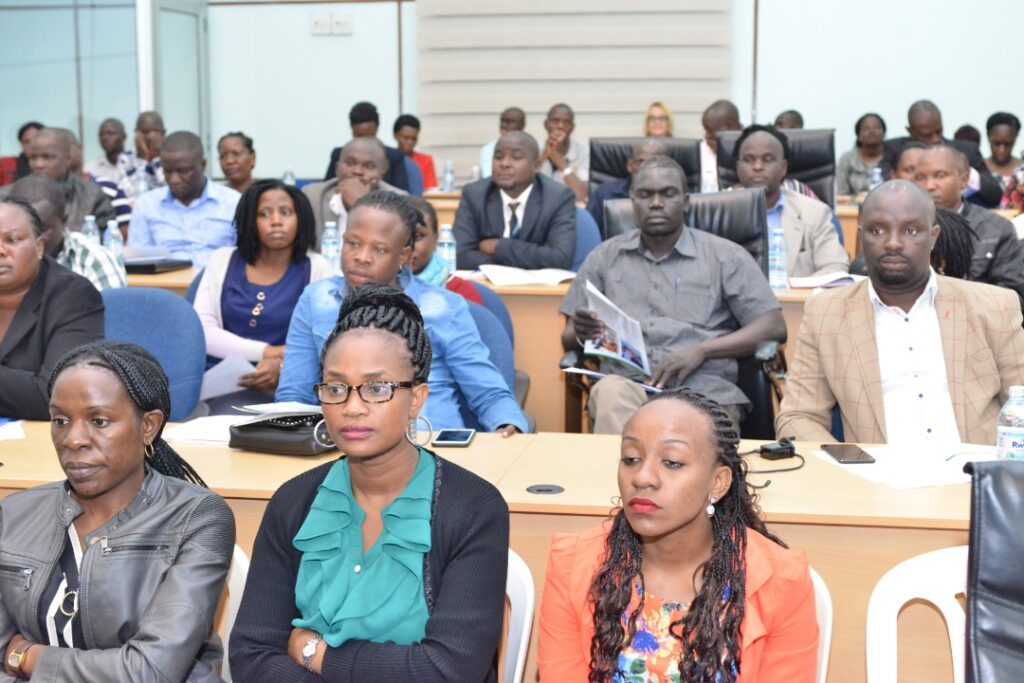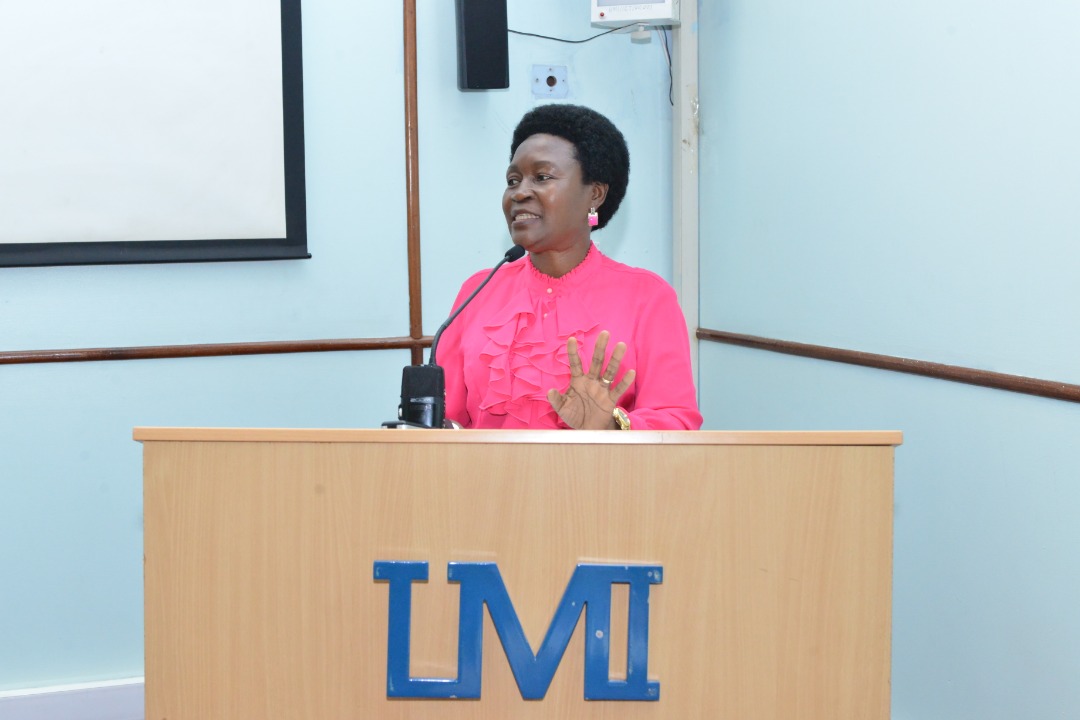
Education Minister for Primary Education Rosemary Sseninde has blasted political leaders for invading institutions of higher learning.
Sseninde who also accused political leaders of politicking government programmers, made the remarks on Thursday, December 5, 2019, at Uganda Management Institute (UMI) where members of the academia and government officials and stakeholders gathered to discuss and finding solutions for political overrule which officials said is rampant.
The discussion followed the recent upheavals in Makerere and Kyambogo universities where the government accused opposition leaders of sponsoring the riots.
Ms. Sseninde said much as the government is trying to address the challenges politicians sometimes put unnecessary resistance.
“This is not the sole responsibility of the government or the ministry but a shared duty. Most people do not understand the policies and implementation mechanisms,” she said.
The minister urged leaders to be disciplined to avoid behaviors that lead to sexual harassment strikes, missing marks among others.
She noted that the need for discipline, fear of God and respect is the only cure to amicably solve all these.
“Let us work together towards and have solutions and ideas of idle research papers. I assure you that my office is open at all times to support and work with you,” she retaliated noting that the government is working so hard to address the matter.
The minister further lauded the institute for always bridging the gap between academia and the public through research shared.
On his part, Dr. Joseph Kasule a prominent researcher that governance is a challenge at higher institutions of learning and it is not only in Uganda but elsewhere.
He said the challenge is caused by officials who aren’t appointed on merit. “There is calm at Gulu, Muni and the rest but why not Makerere,” he wondered claiming that the issue is the University Council with big numbers that are not appointed on merit.
“The membership is not as good as the institution they govern, they have Senates but a lot of funny issues of sexual harassment, poorly backed graduates and lack of qualifications are still underlying,” he noted.
“Africa is attaching a lot of importance to higher education as a driver to reduce employment, poverty and improve the productivity of a knowledgeable state. This has become a public good for social-economic development. We need urgent reforms with the Council Senates that are accountable, academic integrity standards. For example, Busoga University had license problems and yet the students were paying their money.”






